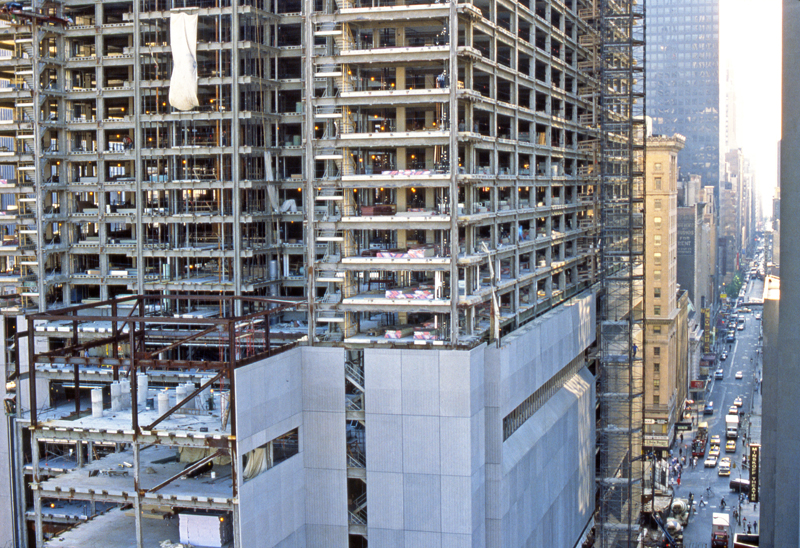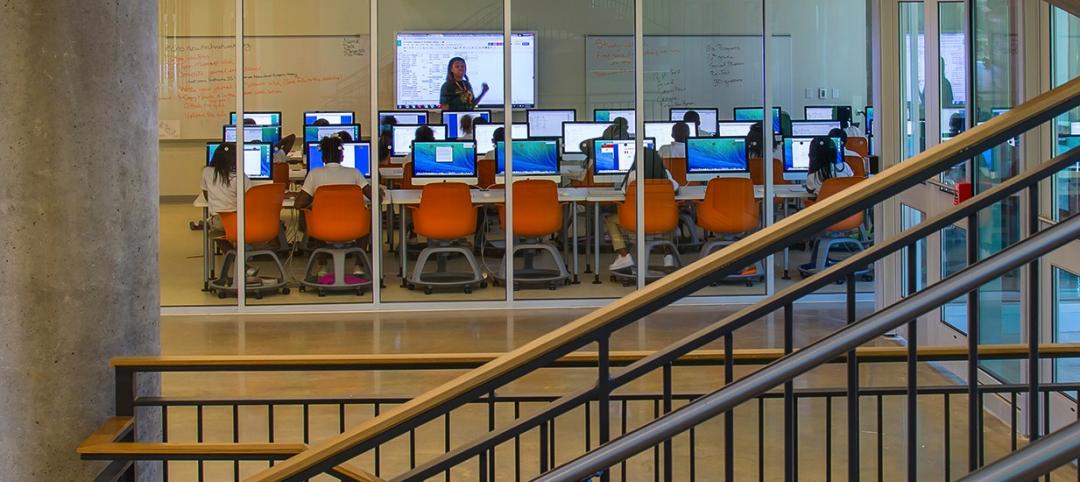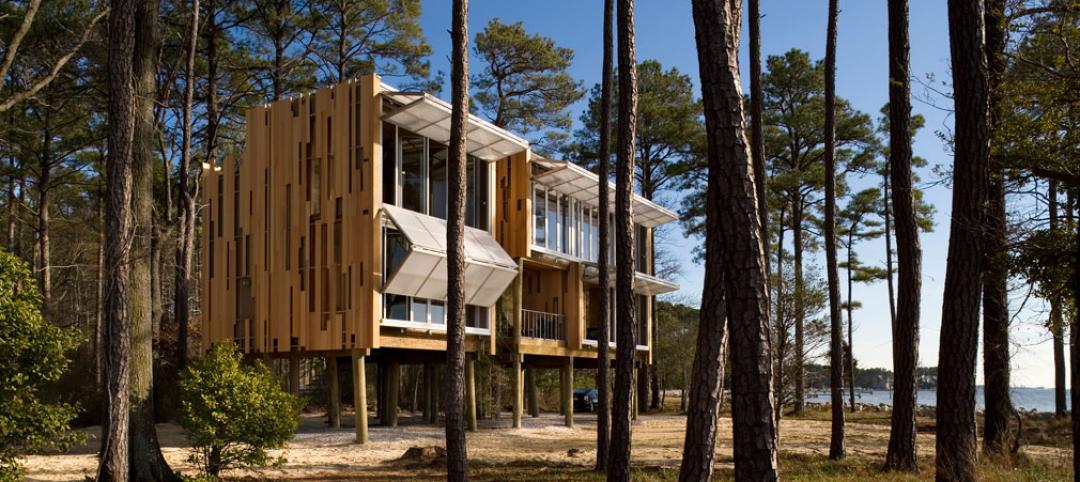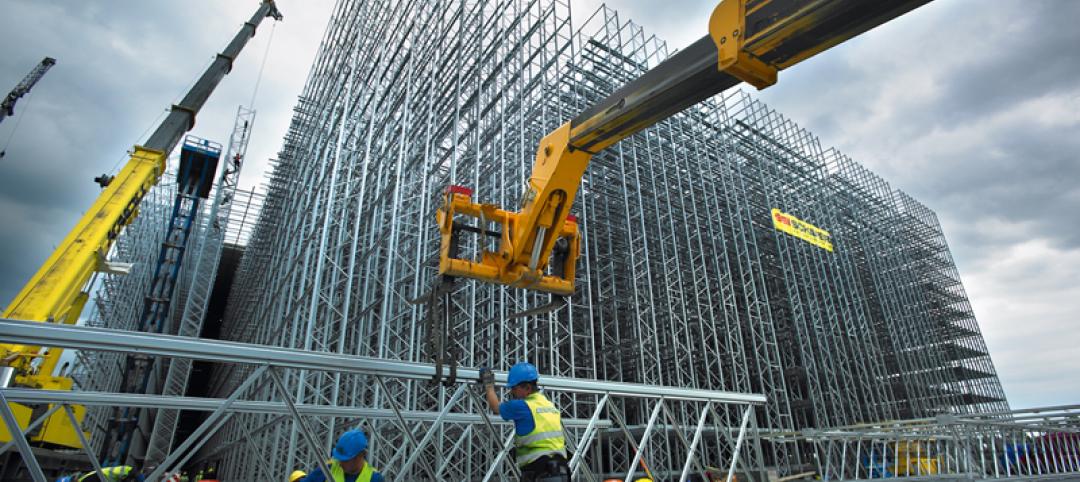Median A/E firm operating profit margins on net revenue (before incentive/bonus payments and taxes) have been on a steady rise in recent years, reaching a six-year high of 14.3% this year, according to business consulting firm PSMJ Resources’ 2015 A/E Financial Performance Benchmark Survey Report.
After posting all-time highs in 2007 and remaining stable in 2008, profit margins started to decline significantly beginning in 2009, due to the severe downturn in the economy. But, median profit margins on net revenue have been on the upswing in the past three years, hitting 11.4% and 13.0% in the 2013 and 2014 surveys, respectively—which, along with the 2015 data, supports the notion that backlogs are filling back up.
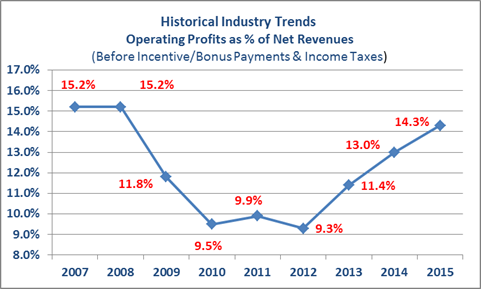
“It is certainly encouraging to see profit margins trending upward. But, there is another side to this coin. Just because the median has reached 14.3%, that doesn’t mean it should be an acceptable profit margin at all for an A/E firm,” says Frank A. Stasiowski, FAIA, Founder and CEO of PSMJ Resources. “There are plenty of A/E firms that can and do deliver profit margins far higher than this. These are the firm leaders who are able to really think differently—about project delivery, about marketing strategy, about value. Deliver a higher value and you can command higher fees…and yield higher profits.”
With data from 328 A/E firms across the United States and Canada, the 2015 PSMJ A/E Financial Performance Benchmark Survey Report is the go-to industry resource for firms wanting to increase cash flow, lower overhead, and improve overall financial results. Now in its 35th edition, the comprehensive report provides the most valuable research and insight available for making critical decisions that impact the success of a firm.
Related Stories
Industrial Facilities | Feb 24, 2015
Starchitecture meets agriculture: OMA unveils design for Kentucky community farming facility
The $460 million Food Port project will define a new model for the relationship between consumer and producer.
University Buildings | Feb 23, 2015
Future-proofing educational institutions: 5 trends to consider
In response to rapidly changing conditions in K-12 and higher education, institutions and school districts should consider these five trends to ensure a productive, educated future.
Office Buildings | Feb 23, 2015
The importance of quiet and the consequences of distraction
Recent work style studies show that the average knowledge worker spends 25-35% of their time doing heads-down focused work. Once thrown off track, it can take some 23 minutes for a worker to return to the original task.
Modular Building | Feb 23, 2015
Edge construction: The future of modular
Can innovative project delivery methods, namely modular construction, bring down costs and offer a solution for housing in urban markets? FXFOWLE’s David Wallance discusses the possibilities for modular.
| Feb 23, 2015
6 trends changing the way city dwellers live
Across the cultural grid, from food to retail to transportation, America's urban areas are already undergoing a major metamorphosis. Here are the six major trends shaping our cities, from Fast Company.
Contractors | Feb 23, 2015
Rising Nonresidential Construction Index comes with struggles, FMI reports
Construction companies face the challenge of having enough people to keep up with increasing backlogs.
Green | Feb 23, 2015
State of the green union, and the next big shift in sustainability
The history of the green movement offers cues that we are on the precipice of another significant shift in the green union.
| Feb 23, 2015
Where are the iconic green buildings?
What does a green building look like? How would you know one if you saw one? Maybe a trivial question to some, but of great interest to architects, designers, and other members of the Building Team as the rapid evolution of sustainable buildings continues apace.
Sports and Recreational Facilities | Feb 21, 2015
Pumped-up recreation centers help build body, mind, and spirit
Adopting facility layouts from Asian and European models, today’s sports and recreational buildings are becoming social hubs that accommodate a variety of community needs.
University Buildings | Feb 20, 2015
Penn strengthens campus security by reviving its surrounding neighborhood
In 1996, the University of Pennsylvania’s sprawling campus in Philadelphia was in the grip of an unprecedented crime wave. But instead of walling themselves off from their surrounding neighborhoods, the school decided to support the community.


